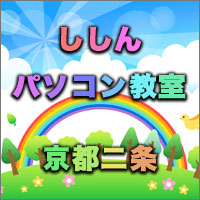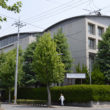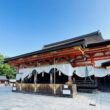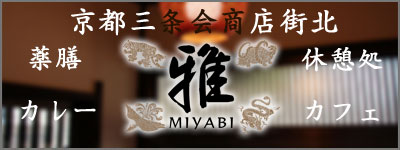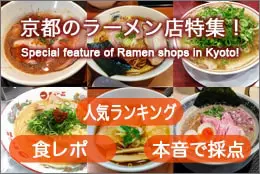Women who speak Kyoto dialect are attractive.
Posted date:2022-06-24Author:くらま天狗(Kurama Tengu) Transrator:ポンタ(Ponta)
Category:Talk about Kyoto
広告
adsense4
Hello!
This is Kurama Tengu.( ̄ー ̄)
What do you think of women who talk dialect?
There are differences between regions, for example, Osaka dialect, Nagoya dialect, Hakata dialect, and Kyoto dialect.
I was born and raised in Kyoto, so I usually hear Kyoto dialect as normal, but it is nice to hear a woman who speaks Kyoto dialect. It is a bit different from the so-called Kansai dialect, not the Hanamachi language, but the tone of speech of a woman walking in the streets of Kyoto.
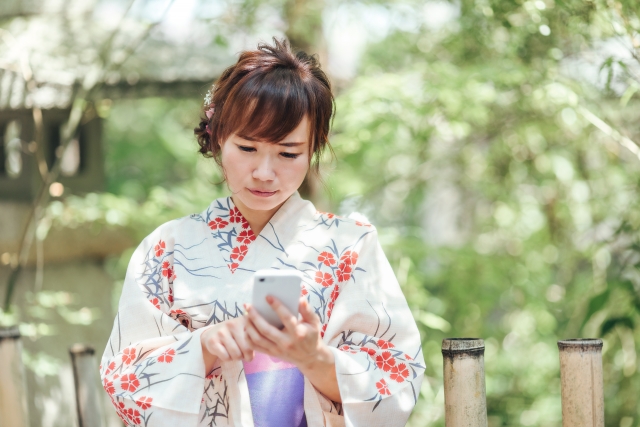
It is elegant, graceful, lovely, and noble.
I think I can understand why people from other places like women with Kyoto dialect.
In addition, the basic rule for addressing each other as “~-chan”, a first name, is that Kyoto girls address each other.
Yosiko san → Yotchan
Ryoko san → Ryochan
Chizuru san → Chiichan
Keiko san → Keichan
Miyako san → Miyachan
Kyoko san → Kyochan
My first name is Taisuke, so I was called “Taachan” or “Taichan”.
One thing I would like to say no to is that a woman who speaks Kyoto dialect is not equal to a geisha, so even if you have a Kyoto woman as a colleague at work, please do not invite her to a drinking party and have her pour you a drink. I think so as a Kyoto man.
By the way, I once went on a trip to Kyushu, and the girls I heard there who spoke in Hakata dialect were very attractive.
After all, there is a kind of consistency, or beauty in the unified tone of a language that is unique to a region, and when a person who originally speaks Kyoto dialect speaks in a mixture of standard Japanese, I am turned off by the blending of the two languages. That is why I am usually careful not to speak a mixture of standard Japanese.
Well, there seems to be a tendency that one must speak in standard Japanese when having business discussions with people in Tokyo. Of course, the written language is standard.
Author
くらま天狗(Kurama Tengu)
Born and raised in Kyoto.
I like B-class gourmet food, and my favorite is Tenkaippin Ramen. (^o^)
I am good at making homepages and many other things.
